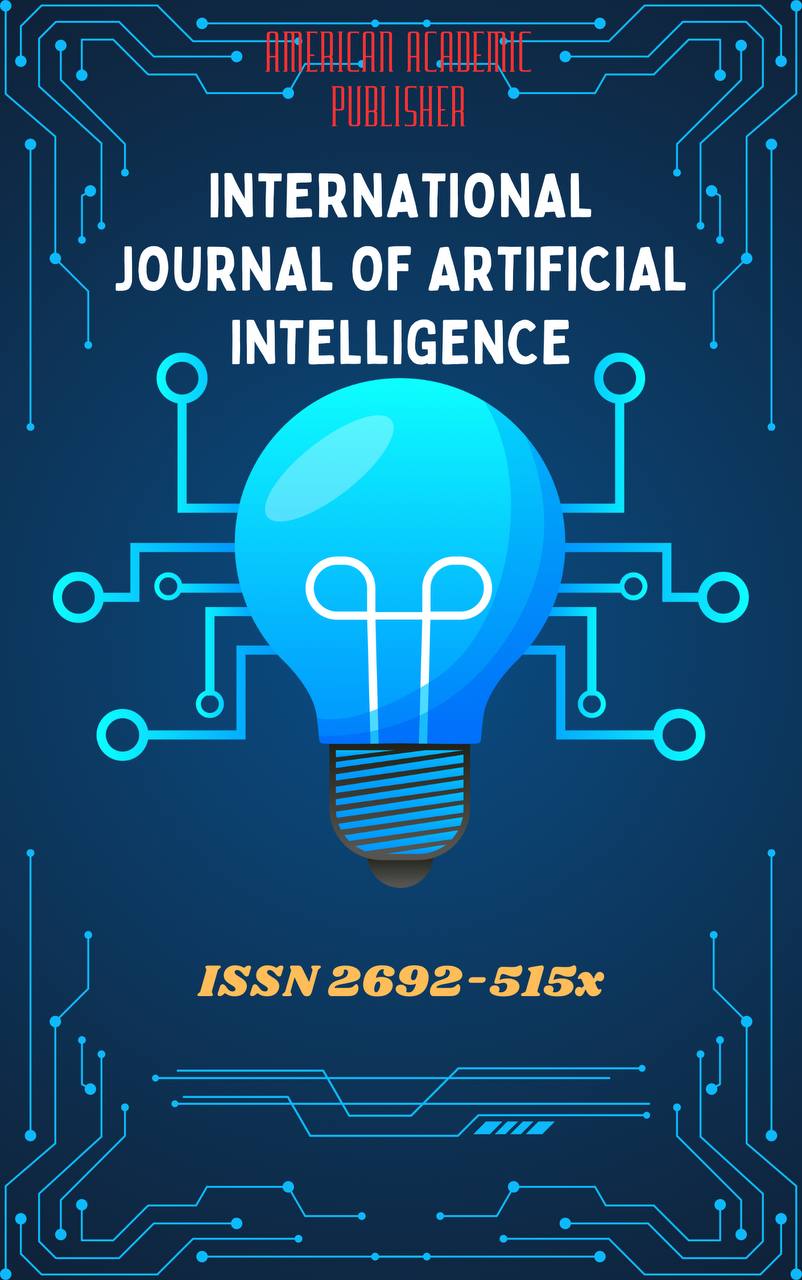 Articles
| Open Access |
Articles
| Open Access | ARE TRADITIONAL LANGUAGE TEACHING AND DIGITAL AGE RELEVANT?
Sadaf Sayfullayeva Isroil qizi , Student of SamSIFLAbstract
This essay will discuss the relative efficacy of the conventional language teaching (in-person teaching, textbook teaching, grammar-translation, etc.) and digital and blended learning techniques in the modern digital age. Based on the analysis of empirical research, the mixed-method research, and current findings of Uzbekistan and other settings, the given study explores the outcomes of the learners, engagement, motivational factors, and real constraints. The results show that, although traditional techniques are still useful, especially in grammar, writing, and placing a text within a wider cultural context, they are less adaptable and not as interesting. The most efficient solution is a mixed method of using both traditional and digital methods. There are implications to the Uzbekistan foreign language teachers.
Keywords
Blended, Digital, Traditional, Teaching, Language, Learning Motivation, Engagement, Technology
References
Ahmad, A., Iqbal, B., & Rao, I. S. (2023). Efficacy of Blended Learning Technique in Enhancing ESL Students’ Linguistic Skills. Global Language Review. glrjournal.com
Ainur Kaliaskarova, A. (2025). The Use of AI Writing Tools in Second Language Learning to Enhance Kazakh IT Students’ Academic Writing Skills. Forum for Linguistic Studies. journals.bilpubgroup.com
Alasal, M. S. (2025). The Impact of Digital Media on Foreign Language Acquisition: A Comparative Study. SAGE. SAGE Journals
Alenazi, Y. R. (2023). Effectiveness of Blended Learning Programs/Models in English Instruction in Saudi Universities: A Systematic Review of Literature. AWEJ, 14(4). awej.org
Babaniyazova, Nargiza. (2024). Integration of Traditional and Digital Educational Technologies: Points of Contact and Differences in Teaching a Foreign Language. Scientific Herald of Uzhhorod University.
Babazade, Yasin. (2024). Assessing the Effectiveness of Blended Learning in ESL Education. EuroGlobal Journal of Linguistics and Language Education. egarp.lt
Butarbutar, Ranta. (2024). Artificial Intelligence for Language Learning and Teaching: A Narrative Literature Study. Englisia: Journal of Language, Education, and Humanities. UIN Ar-Raniry Journal Portal
Jantayeva, A. & Khasanova, Y. (2024). Comparative Study of Online and Traditional Language Learning: Mixed Method Approach. EduVision: Journal of Innovations in Pedagogy and Educational Advancements. brightmindpublishing.com
Jumaniyazova, L. S. Q. (2023). The Effectiveness of Blended Learning in Teaching English Literature. Journal of New Century Innovations. Научные Журналы
Rakhmonova, D. (2025). The Effectiveness of Blended Learning in Language Education. Pedagogik Islohotlar va Ularning Yechimlari. wosjournals.com
Sokha Dara, Rithy Vann et al. (2024/25). Blended Learning Approaches in Language Instruction: A Comparative Study. Journal International of Lingua and Technology. ejournal.staialhikmahpariangan.ac.id
Yunina, O., et al. (2023). Artificial Intelligence Tools in Foreign Language Teaching in Higher Education Institutions. The Modern Higher Education Review. edreview.kubg.edu.ua
Zokirjonova, M. (2025). AI Tools in Foreign Language Teaching. Journal of Uzbekistan’s Development and Research, 12(3), 4556. ijournal.uz
Article Statistics
Downloads
Copyright License

This work is licensed under a Creative Commons Attribution 4.0 International License.

